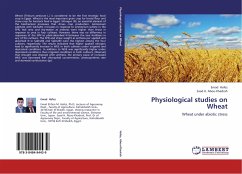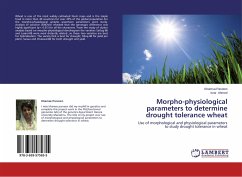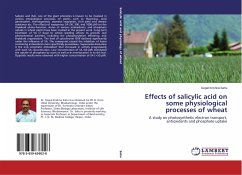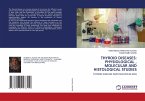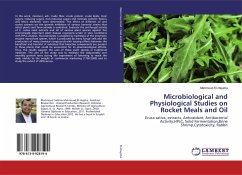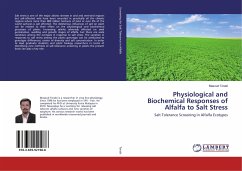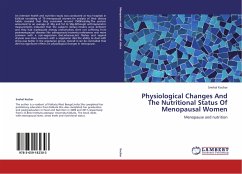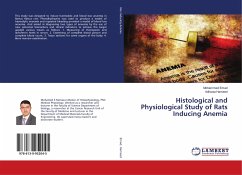Wheat (Triticum aestivum L.) is considered to be the first strategic food crop in Egypt. Wheat is the most important grain crop for bread flour and straw crop for livestock feed in Egypt. Nitrogen (N), an essential element of the biochemical processes that drives crop production. Ammonium sulphate with Sakha94. Increases in response to ammonium sulfate in the SPN, leaf area and dry-matter at anthesis were higher than those in response to urea in four cultivars. However, there was no difference in responses of the SPN to plant-absorbed N between the two fertilizers in any of the cultivars. The SPN and straw weight at anthesis per applied and absorbed N in Sakha94 and Sakha93 were the highest among the four cultivars, respectively. The results indicated that higher applied nitrogen lead to significantly increase in WUE in both cultivars under irrigated and desiccated conditions. In addition to WUE was significantly higher under desiccated conditions than irrigated conditions in both cultivars. Observed that drought was imposed after anthesis, the primary cause of increased WUE was decreased leaf chlorophyll concentration, photosynthesis rate and stomatal conductance (gs).
Bitte wählen Sie Ihr Anliegen aus.
Rechnungen
Retourenschein anfordern
Bestellstatus
Storno

